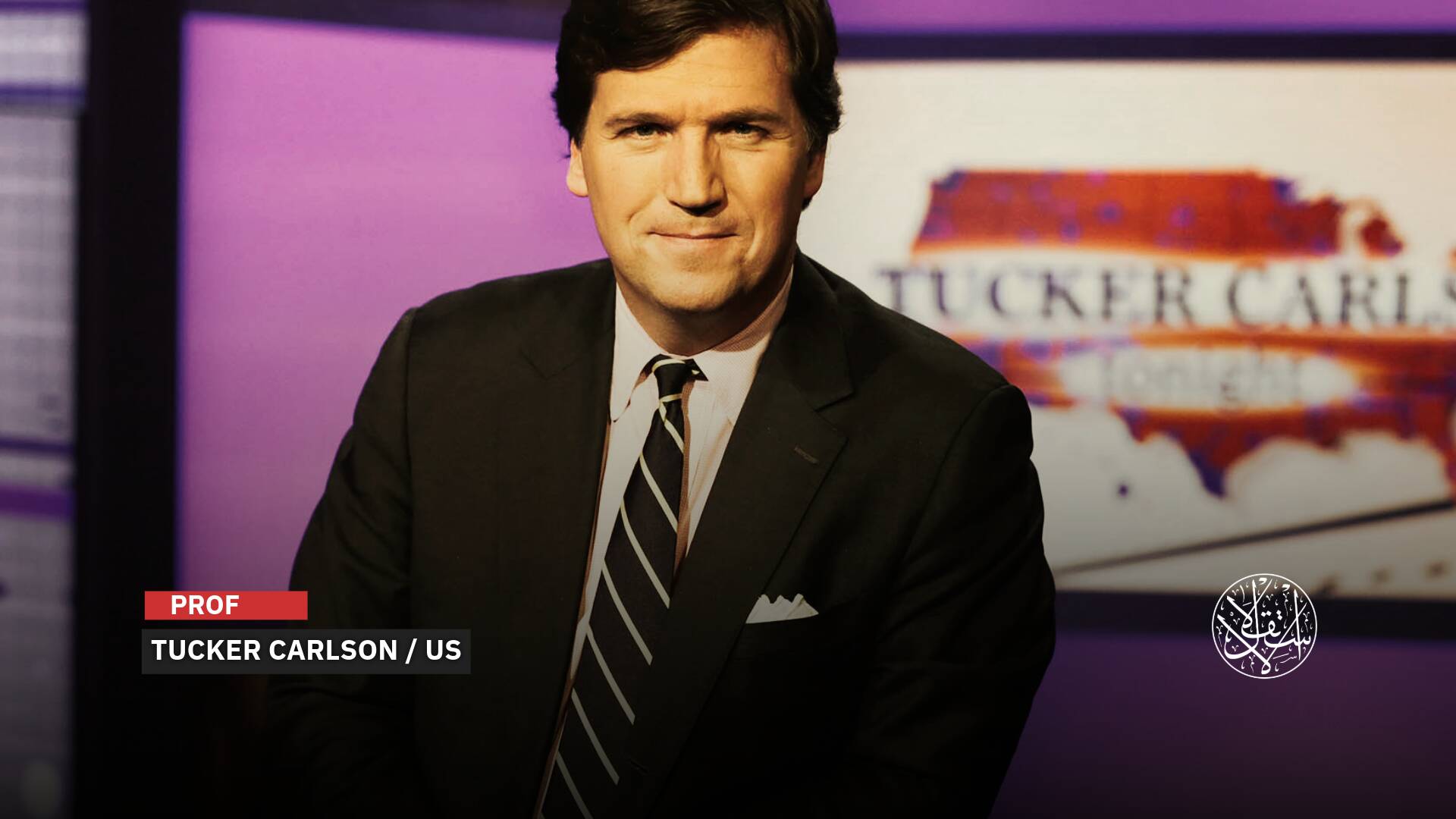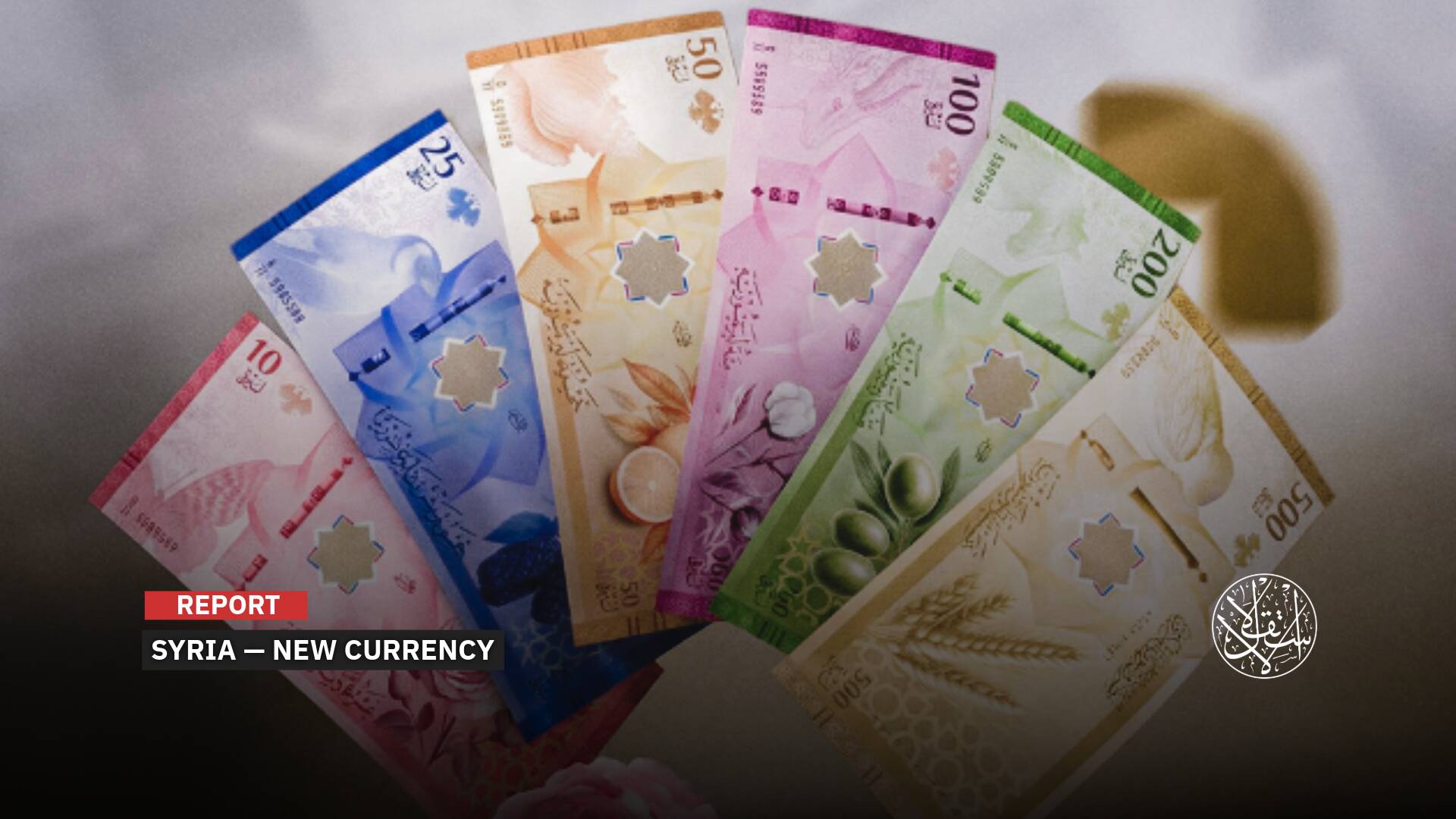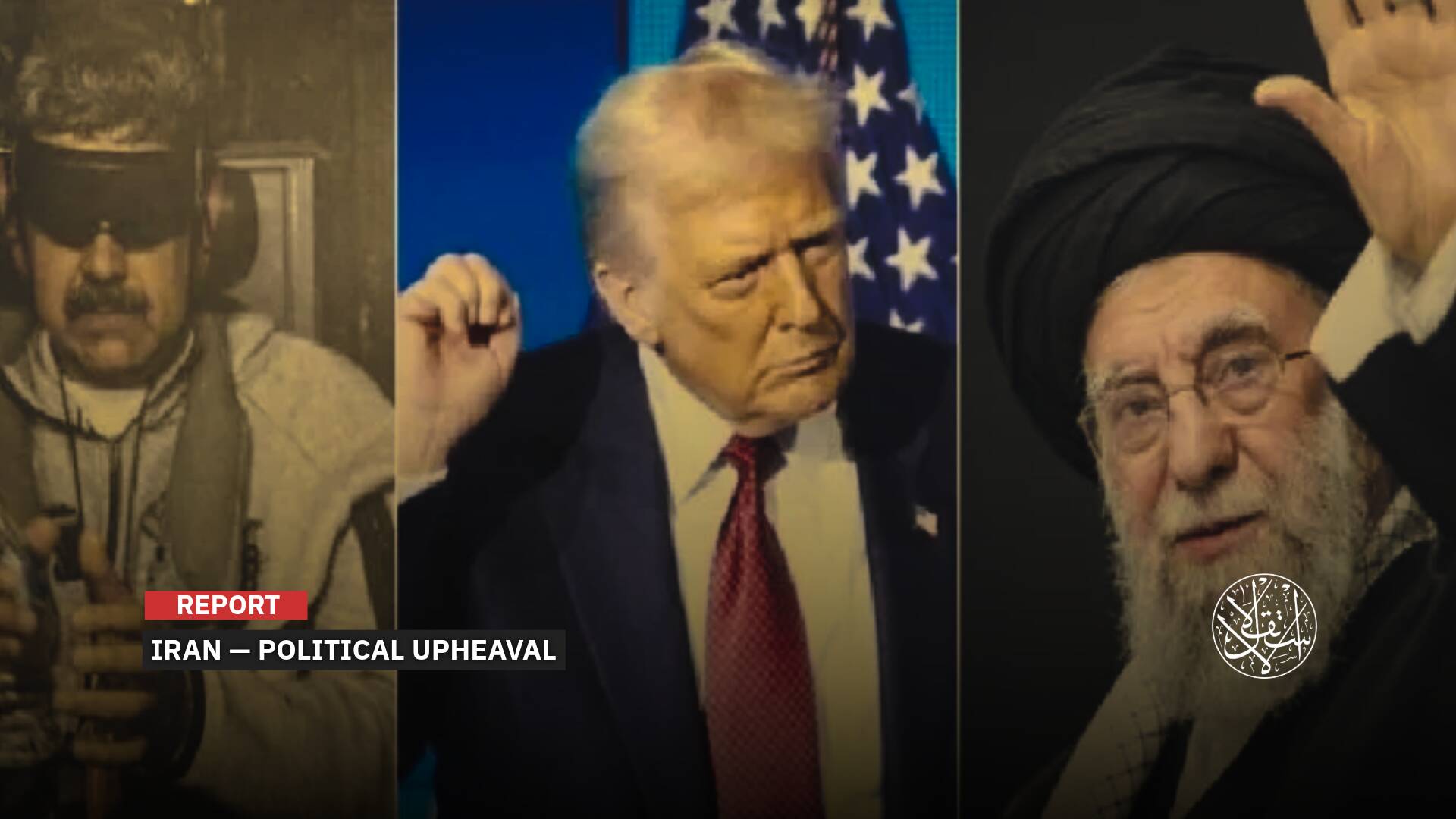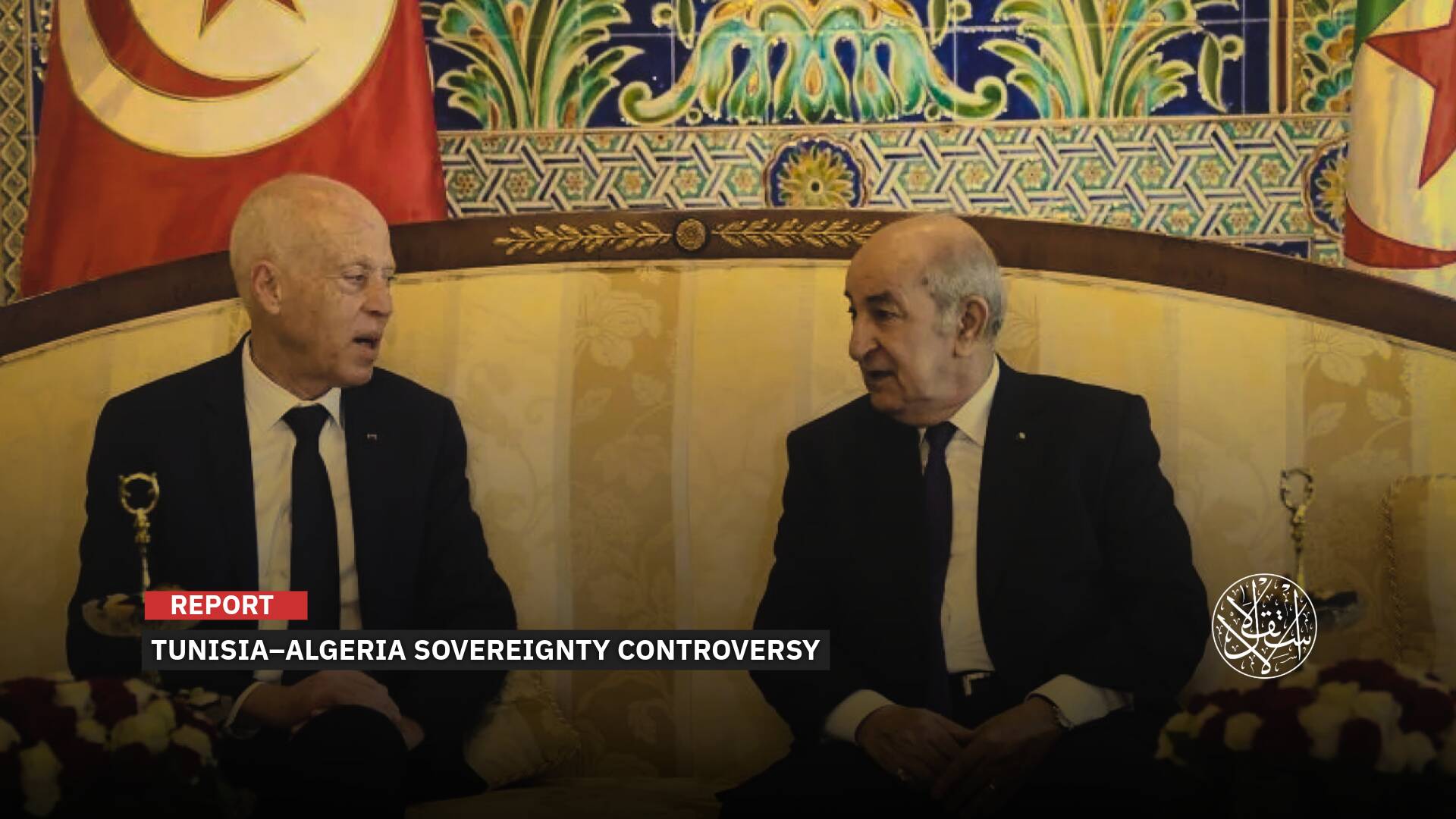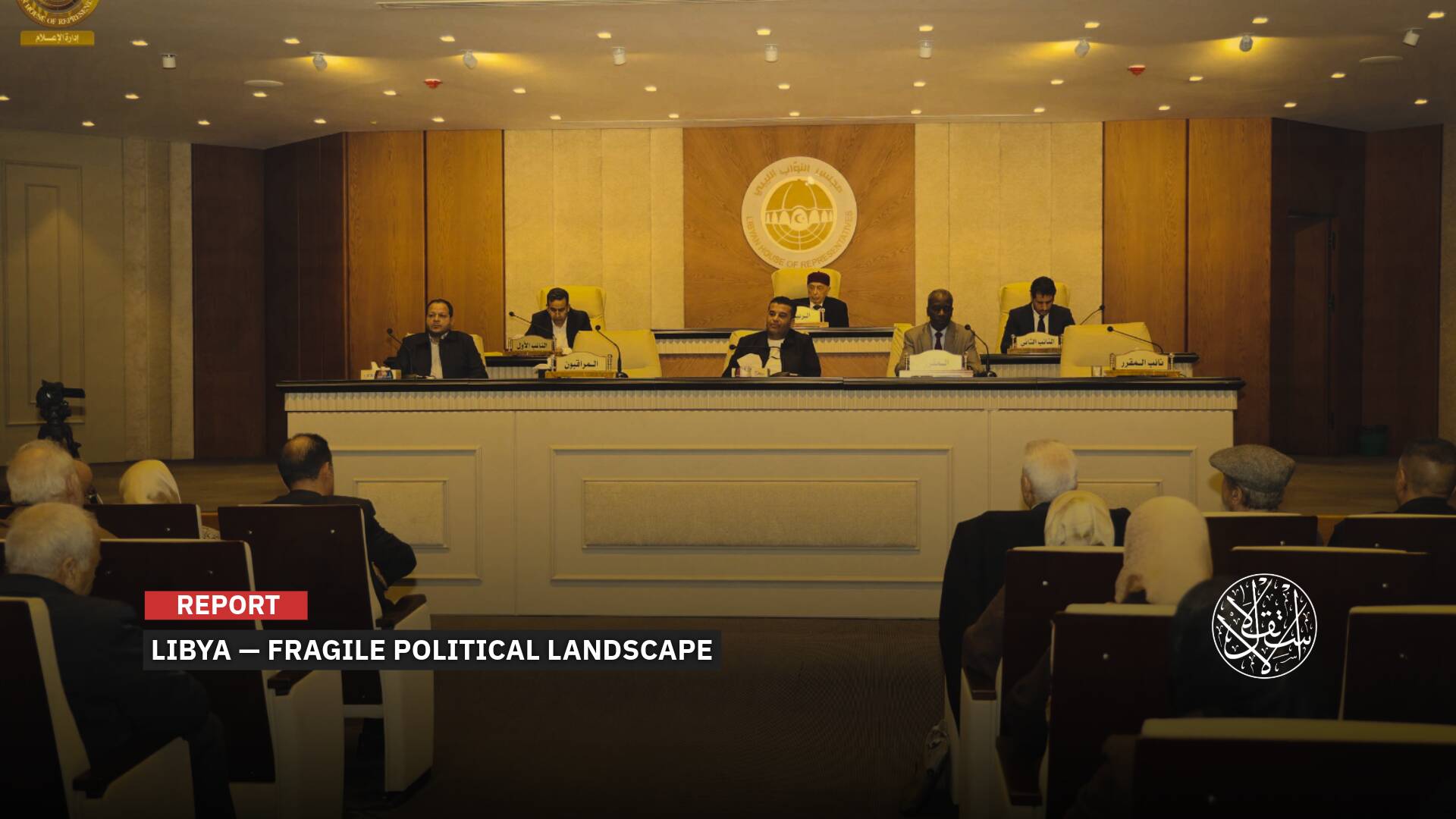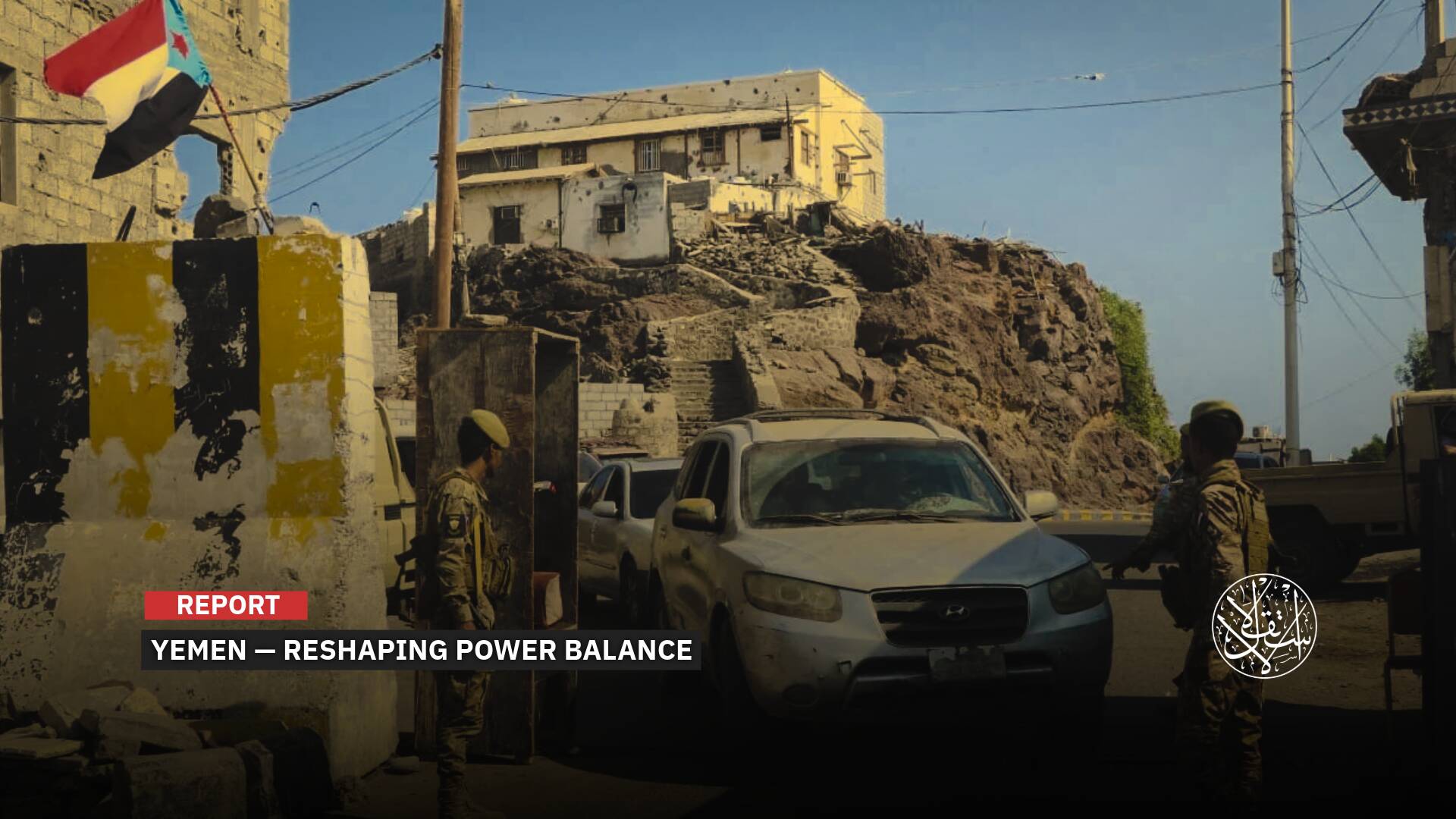What Does China’s Absence From the G20 Summit Mean?

As the G20 summit approaches, a cloud of uncertainty looms over the gathering of the world’s most powerful economies in New Delhi, India, this weekend.
The summit, which is expected to tackle some of the most pressing global issues, faces a major setback, as two of its key members, China and Russia, will not be represented by their presidents.
President Xi Jinping of China, who has attended every G20 summit since he took office in 2013 except for last year’s virtual meeting in Rome, has decided to send his Premier Li Qiang instead.
This decision has drawn criticism from President Joe Biden of the United States, who said he would be “disappointed” if Xi did not show up.
China’s Foreign Ministry announced the move on September 4, without giving a clear explanation.
President Vladimir Putin of Russia, who also skipped last year’s summit and the recent BRICS summit in South Africa, will not be attending either.
His absence is less surprising, given his strained relations with some of the G20 members over issues such as Ukraine and human rights.
Biden disappointed Xi will not attend G20 summit https://t.co/8T9hgc7ZWk
— BBC News (World) (@BBCWorld) September 4, 2023
Problematic Absence
The no-shows of Xi and Putin could undermine the effectiveness and credibility of the G20, which accounts for about 80% of the world’s gross domestic product and 75% of its trade.
The summit is supposed to address some of the most urgent challenges facing the world, such as climate change, debt relief, pandemic recovery, and global security.
But without the full participation and cooperation of China and Russia, the prospects of reaching meaningful agreements and solutions are dim.
As China’s president attended the BRICS summit in South Africa less than two weeks ago, he was the center of attention for everyone.
He hailed the addition of six new members to the bloc, which consists of five emerging economies: Russia, Brazil, India, China, and South Africa.
He also expressed his hope that this expansion would be “a historic achievement” and a step toward the multipolar world that China and its allies aspire to.
However, his presence at BRICS and his absence from the G20 summit in Italy raised eyebrows and questions about his motives and implications.
China’s recent foreign policy has shown a tendency to isolate itself from the West and launch parallel blocs that challenge the liberal order led by the United States and its partners.
China’s vision is to create a new system that does not depend on the U.S.-dominated order, which it sees as limiting its interests and ambitions.
In recent years, China has increased its engagement with Middle Eastern countries, the Gulf states, and the African continent.
It has also strengthened its ties with its traditional allies in the Eastern camp, such as Russia and Iran. Moreover, it has expanded its presence in some Latin American countries.
Through these moves, China aims to create an alternative to the unipolar world that the U.S. has established.
China’s logic is pragmatic. It knows that it cannot dominate the G20 as long as the U.S. is there. Therefore, it prefers to focus on other blocs where it can exert more influence and showcase its regional and international power. This is what China has been pursuing lately.

Reshaping Foreign Policy
As China reshapes its foreign policy to challenge the American hegemony and counter the Western influence that pervades global institutions like the G20, it seeks to undermine and weaken those groups, hoping to fragment and diminish their sway.
But while the United States may try to use the upcoming summit in New Delhi to bolster its ties and clout among developing nations, offering them incentives and alternatives to China’s offerings, Beijing dismisses the summit as irrelevant without its participation and that of Russia. It expects no significant decisions to be made on the pressing issues that face the world.
Many in the Eastern bloc view the United States and Europe as exploiting the major economic, military, and political alliances to advance their expansionist agendas and extend their control over the world order.
They see joining those alliances as tantamount to endorsing and enabling that control and handing it over to the West for nothing.
By skipping the summit, the Chinese and Russian leaders want to send a clear message that they regard the G20, the G7, and other such groups as instruments of the American administration that serve its interests, and that they will not tolerate or cooperate with that strategy any longer.
This may prompt some member states to rethink their alignments, fearing that the bloc may fall apart or become a weapon in the hands of the Americans that threatens their sovereignty and independence.

Indian Predicament
As India prepares to host the G20 summit next month, it faces a diplomatic snub from two of its most powerful rivals: China and Russia.
China and Russia’s absence will deprive India of a chance to showcase its global leadership and influence, as well as to confront China over the longstanding border dispute that has flared up in recent years.
The relations between India and China have been strained by a series of clashes along their disputed Himalayan frontier, which have resulted in casualties and heightened tensions.
India has also joined the Quadrilateral Security Dialogue, or Quad, a group of four democracies that includes Australia, Japan, and the United States, which China views as a threat to its regional dominance.
By staying away from the summit, Xi avoids facing pressure from India and other countries over his policies on Taiwan, Hong Kong, Xinjiang, and the South China Sea, as well as his role in the escalating war between Russia and Ukraine.
He also denies India an opportunity to rally international support for its position on the border issue and to challenge China’s economic and strategic clout in Asia.

A Western official involved in the summit preparations told the Financial Times that Xi’s absence will be a blow to India’s current presidency of the multilateral gathering and New Delhi’s summit agenda, as well as undermining the status of the G20 as a prominent global leadership forum amid deep divisions among its members.
Some observers believe that China is deliberately trying to spoil India’s moment as a way of asserting its superiority and leverage over its neighbor.
India’s foreign minister, Subrahmanyam Jaishankar, denied that his country was to blame for the no-shows by Xi and Putin, saying in an interview with ANI news agency that there were ongoing diplomatic efforts to reach a consensus on a summit declaration.
The prospects for a successful summit seem dim, given the lack of common ground and understanding among the member states on various contentious issues, such as climate change, trade, human rights, and global security.
The absence of two of the biggest leaders of the group also raises questions about the relevance and effectiveness of the G20 as a platform for global governance and cooperation.
As the world undergoes profound changes and challenges, the summit may end up with a bland statement that fails to address the urgent problems or offer any new solutions.



